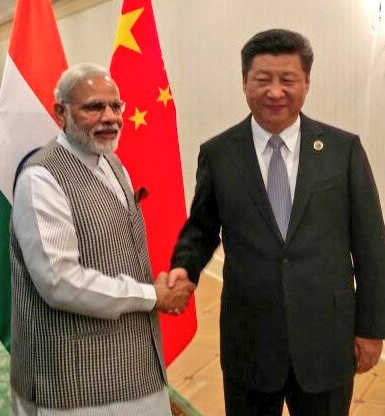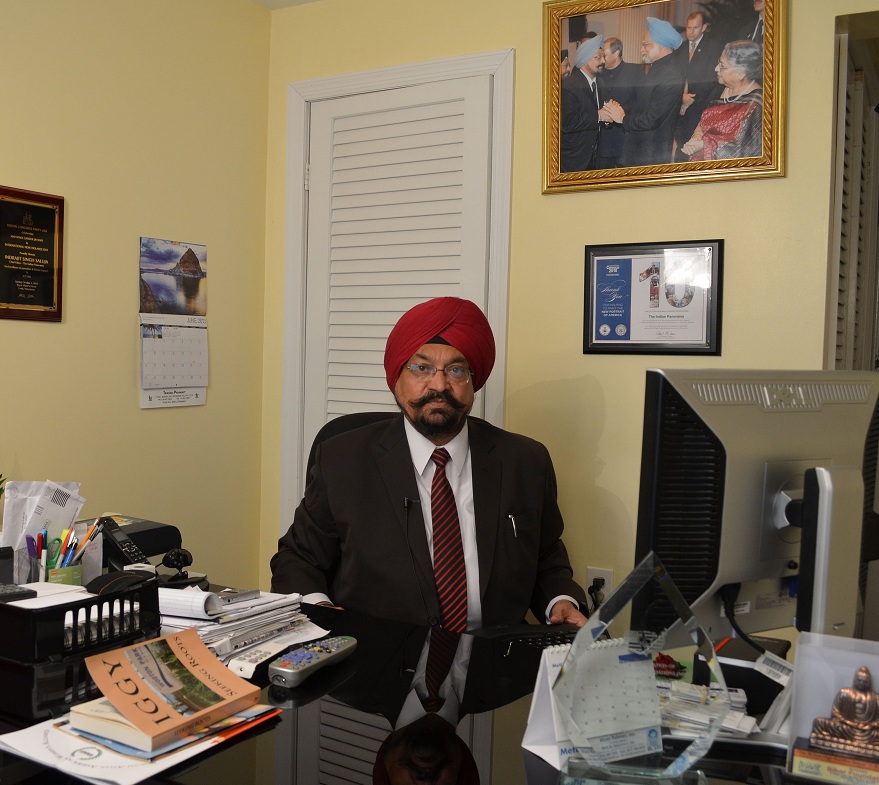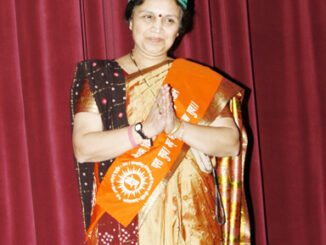
NEW DELHI (TIP): In what may be interpreted as a diplomatic setback for India, the NSG meeting in Seoul ended Friday, June 24, without taking a decision on India’s entry into the group. It was not unexpected, given the earlier Chinese statement that the issue of India’s entry into the exclusive club was not on the agenda. Ahead of the discussions, China‘s top negotiator told reporters that the country “won’t back India or Pakistan” until Non-Proliferation Treaty (NPT) rules are followed.
Ambassador Wang Qun, Director General, arms control division at the Chinese Foreign ministry said: “The NSG won’t discuss Indian membership yet. Many differences are there on admitting non-NPT members.” He called it a matter of principle.
China’s statement followed Prime Minister Narendra Modi‘s meeting with Chinese President Xi Jinping on the sidelines of a multilateral summit in Tashkent on Thursday, June 23.
Requesting a “fair and objective assessment” of India’s bid, PM Modi had said New Delhi’s case should be judged on its own merits and that China should contribute to an emerging consensus in Seoul.
Sources say Switzerland has also raised objections to the process of including non-NPT states like India. It was one of the countries that had supported India after PM Modi’s visit.
Brazil, Austria and Ireland have also raised concerns on the “processes” and questioned how a non-NPT signatory can be admitted to the NSG, which controls access to nuclear technology. Brazil’s objections are a worry for India since it is a key ally.
A marathon three-hour post-dinner NSG meeting in Seoul on Thursday had ended in a deadlock over India’s membership.
China has been unrelenting in its opposition, harping on the need to have a criteria for non-NPT countries like India and clubbing India’s case with that of Pakistan for which it is batting.
About 300 participants from 48 member countries attended the meeting in Seoul.





Be the first to comment